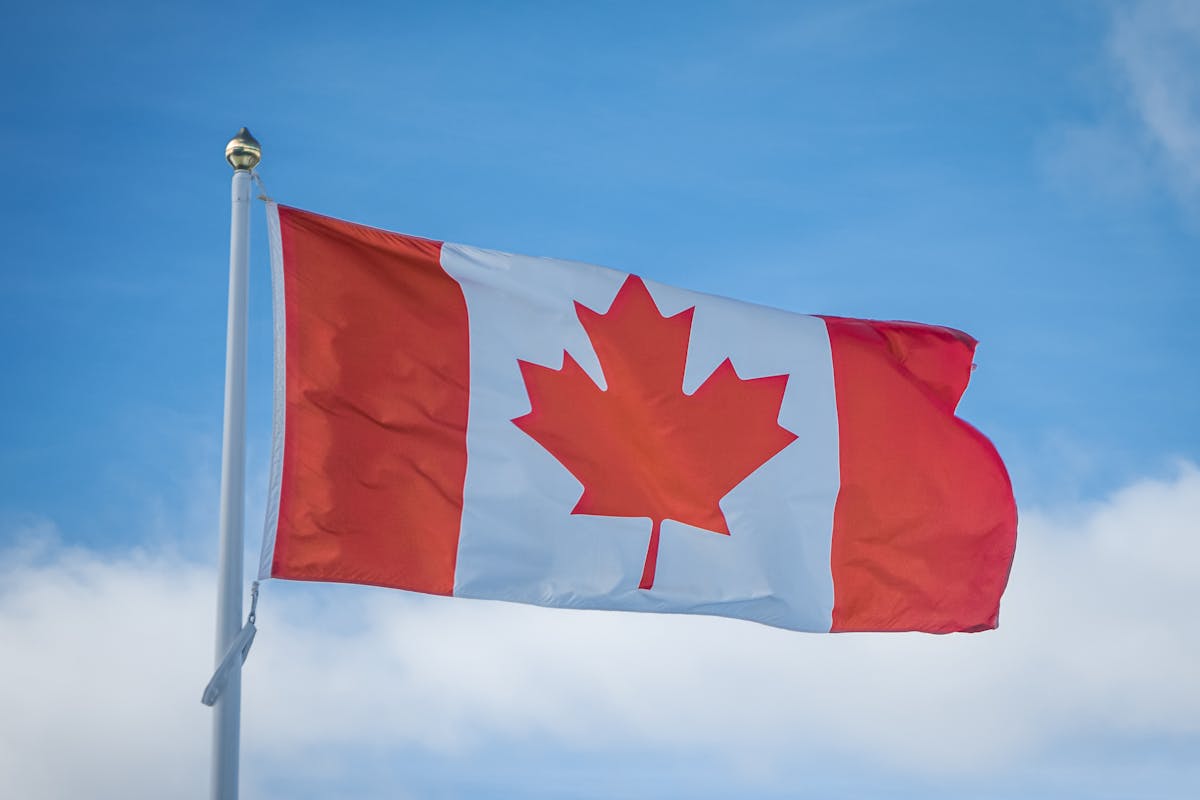

In recent years, the news has been buzzing with stories surrounding Americans considering relocating to Canada. From remote workers to retirees looking to escape the states for the comfort of Canadian universal healthcare, the border receives thousands of American immigrants each year. The steps to relocating may be simple, but the issues surrounding the taxes are rather complicated.
Working with both the IRS and the CRA simultaneously means maneuvering two different taxation systems. Without extensive preparation, it is simple to find oneself at risk for double taxation, missed filing obligations, and various penalties. In this article, we’ll cover the taxes that pertain to relocating from the United States to Canada, along with the compliance requirements one must meet.
Canada bases the residency for taxing purposes on the ties you have established with the country. Examples are:
Each resident deemed a Canadian tax resident must report income earned from all over the world on a Canadian tax return. Residents with only superficial ties to Canada are considered non-residents for tax purposes, paying only on income earned in Canada.
Even with a relocation, you still have obligations to the U.S. for tax purposes. The U.S. uses a system of taxing its citizens based on citizenship rather than residency, so you are required to continue filing every year. Commonly used forms are:
Not filing FBARs or FATCA forms is one of the most common errors expats make, and the fines can reach tens of thousands of dollars.
All Canadian residents file a T1 tax return each year to declare income and pay taxes. Notable differences from the U.S. includes:
Like the U.S., Canada also taxes worldwide income. Thus, coordination is required.
The U.S. The Canada tax treaty has a provision that prevents double taxation. Two key benefits include:
For instance, working in Canada and paying tax to Canada allows you to reduce your Canadian tax liability that is payable to Canada when filing to the IRS.
Retirement planning for individuals living in both the U.S. And Canada is particularly challenging due to:
Using the correct structure can avoid losing your retirement savings to double taxation.
The U.S. still applies estate and gift taxes on its citizens, even if they reside permanently in Canada. On the other hand, Canada has a capital gains tax at death instead of the estate tax. Without planning, families with considerable wealth may end up facing taxes on both sides of the border.
If you find yourself in one of these situations, professional assistance is highly advised:
With the assistance of Dimov Audit advisors, the finances will be optimized to reduce excessive taxation and remain compliant with IRS and CRA regulations.
Yes—U.S. citizens must file U.S. returns on worldwide income; double tax is usually reduced by the Foreign Tax Credit (Form 1116).
Canada taxes you as a resident when you establish significant residential ties (home, spouse/dependents, IDs, etc.).
Benefits still pay, but if you’re resident in Canada they’re taxed in Canada (with 15% exempt) under the treaty.
Yes—most people leave them in the U.S.; taxation of withdrawals follows the U.S.–Canada treaty.
Generally no—the tax treaty and foreign tax credits are designed to prevent double taxation.
